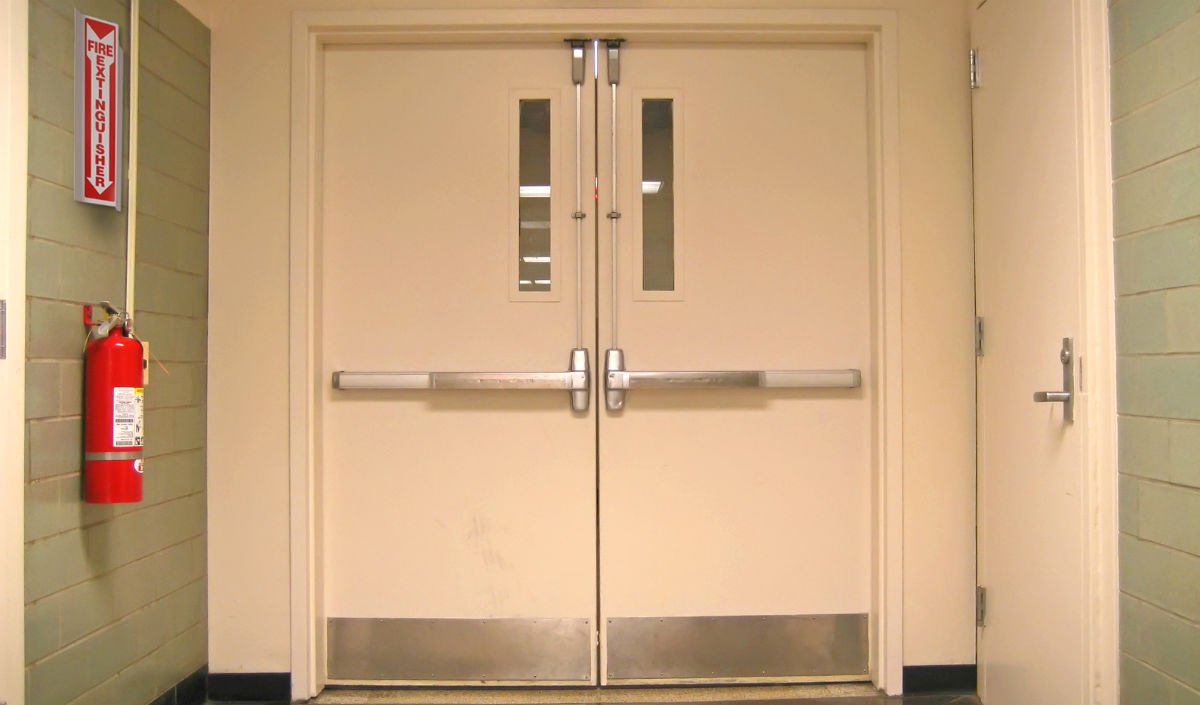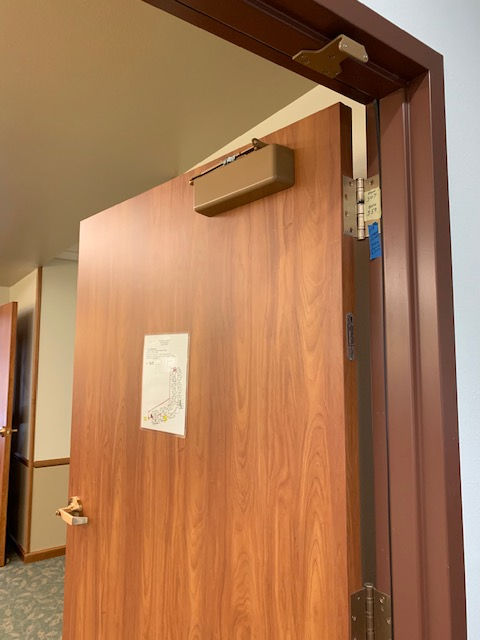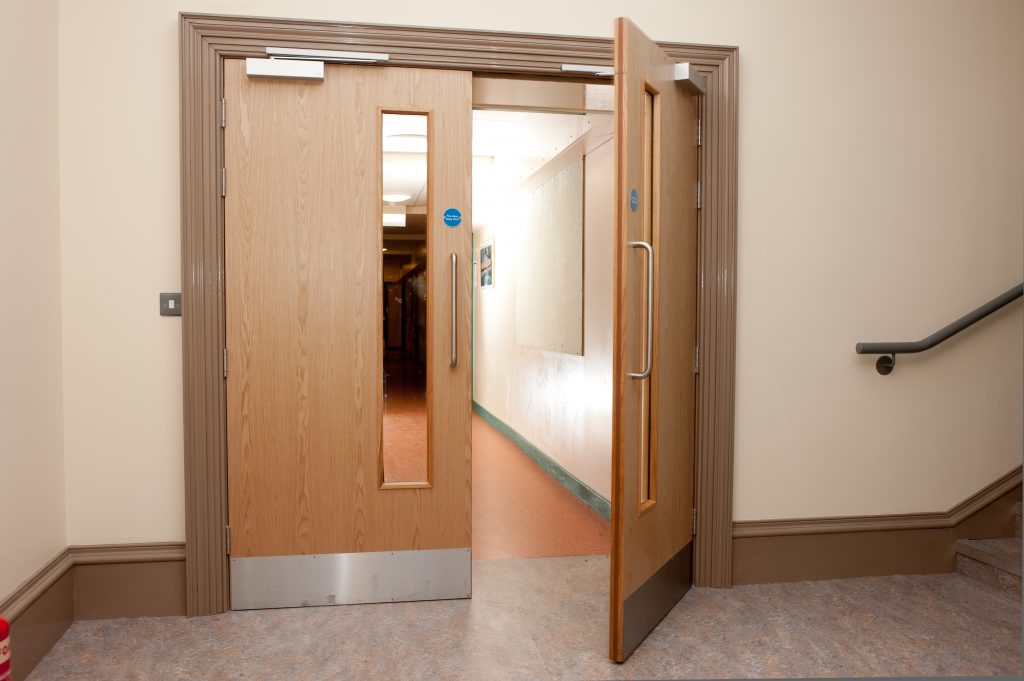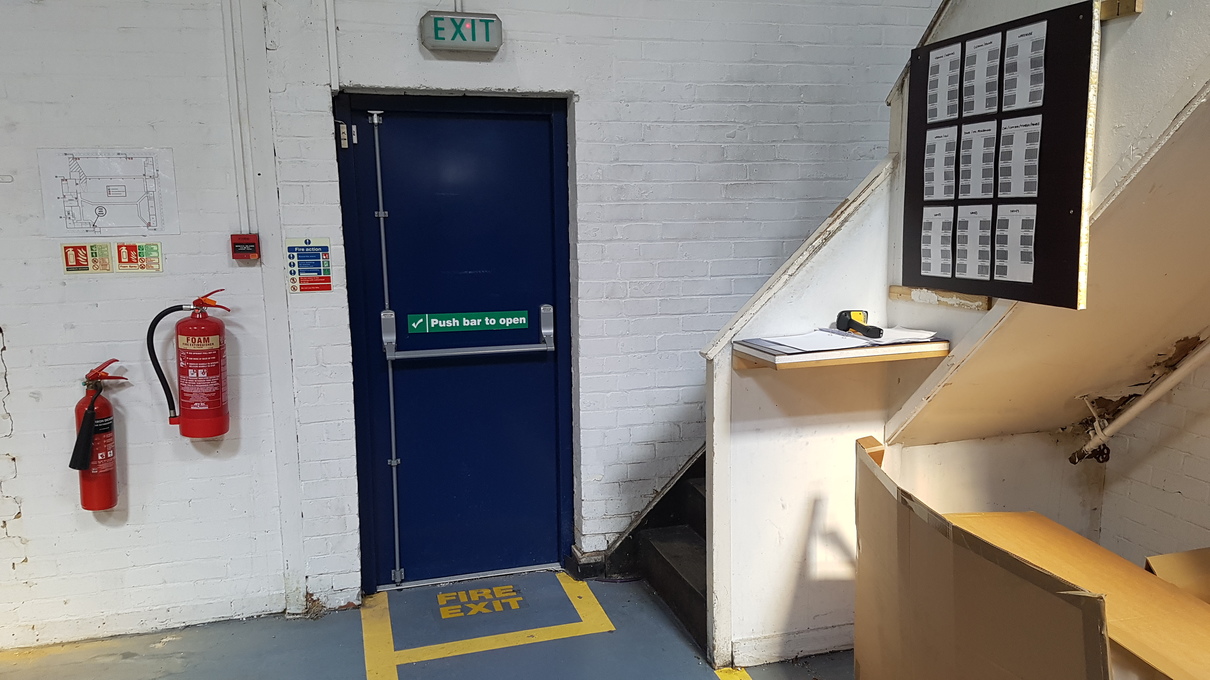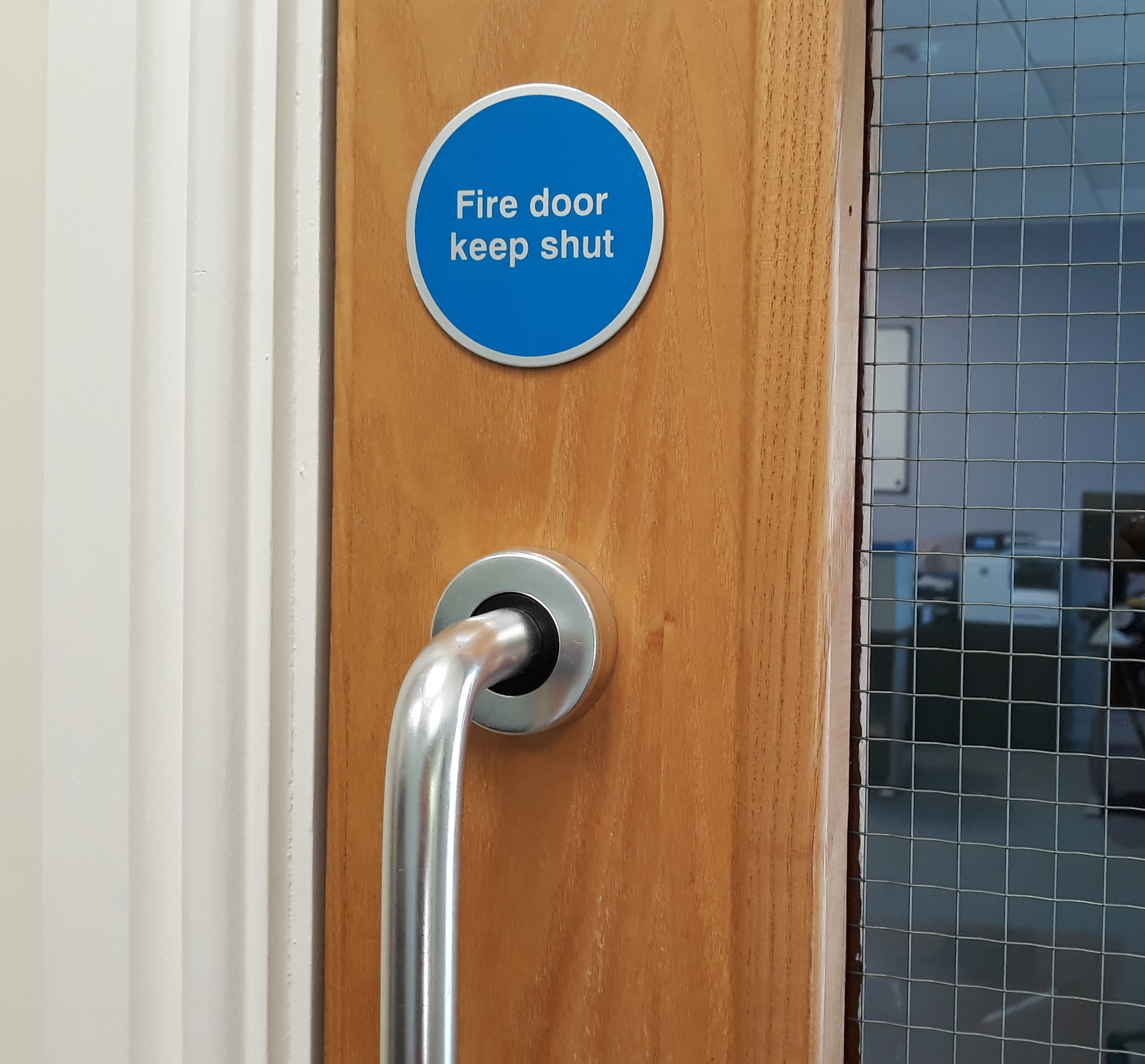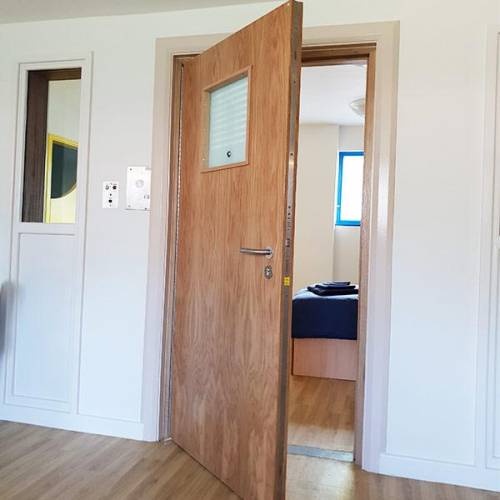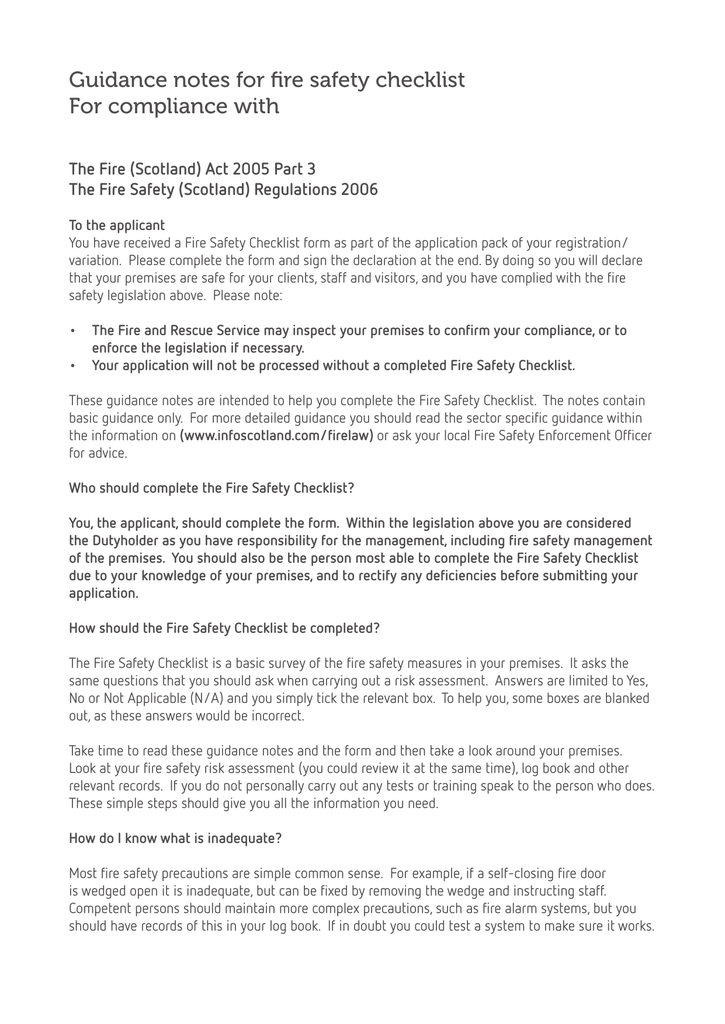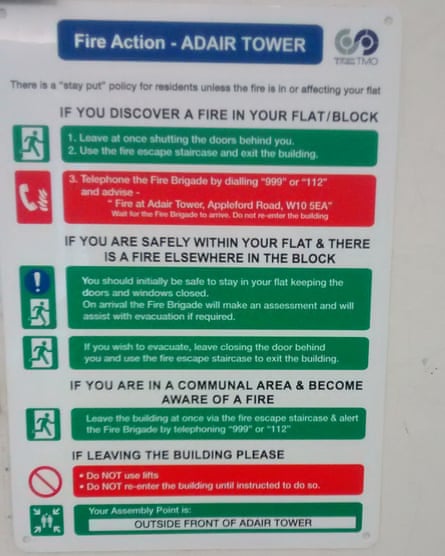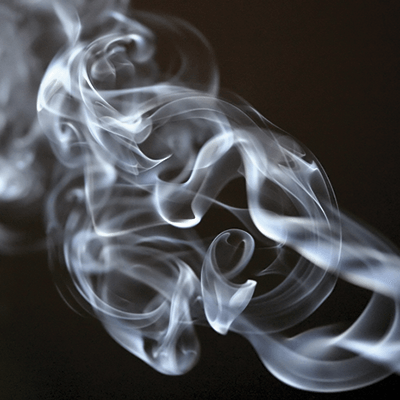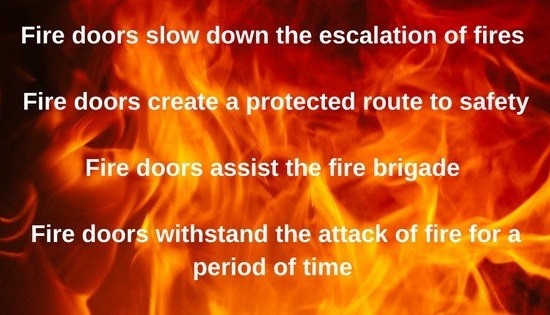Fire Exit Door Regulations Scotland

Where an exit door from a room storey or.
Fire exit door regulations scotland. Act 2005 and the fire safety scotland regulations 2006 in respect of fire safety risk assessment and further obligations in respect of fire safety measures must also be considered. They compartmentalise the building to delay the spread of fire throughout the building. This is because fire started in the exit door area would effectively cut off the main escape route from the premises. All premises the public have access to.
Fire doors are inside buildings residential and commercial and are internal doors that need to be kept closed in order to stop the spread of fire between different areas of a building. A fire door is a fantastic safety precaution that can help keep your employees safe and minimise the damage a fire can cause to your property. All workplaces and commercial premises. Part 3 of the 2005 act along with the fire safety scotland regulations 2006 sets out the fire safety duties in respect of the majority of non domestic premises in scotland.
Tell businesses what they need to do to comply with fire safety law. All types of houses in multiple occupation. In the majority of premises local fire and rescue authorities are responsible for enforcing this fire safety legislation. Building regulations for fire safety in residential homes including new and existing dwellings flats residential accommodation schools colleges and offices.
Fire door standards and legislative requirements. Fire safety duties for the majority of non domestic premises in scotland are set out in the fire scotland 2005 act and fire fire safety scotland regulations 2006. Fire safety law changed in october 2006 with the introduction of the regulatory reform fire safety order 2005. Fire safety and building regulations doors used as the final point of exit should be fire resisting.
In scotland the equivalent is the technical handbook non domestic. A guide to fire door regulations. This order reforms the law relating to fire safety in non domestic premises. It replaces fire certification under the fire precautions act 1971 with a general duty to ensure so far as is reasonably practicable the safety of employees a general duty in relation to non employees to take such fire precautions as may reasonably be required in the circumstances to ensure that premises are safe.
In scotland requirements on general fire safety are covered in part 3 of the fire scotland act 2005 supported by the fire safety scotland regulations 2006.
